Hezbut Tawheed Targeted by Extremist Mob Violence Across Bangladesh
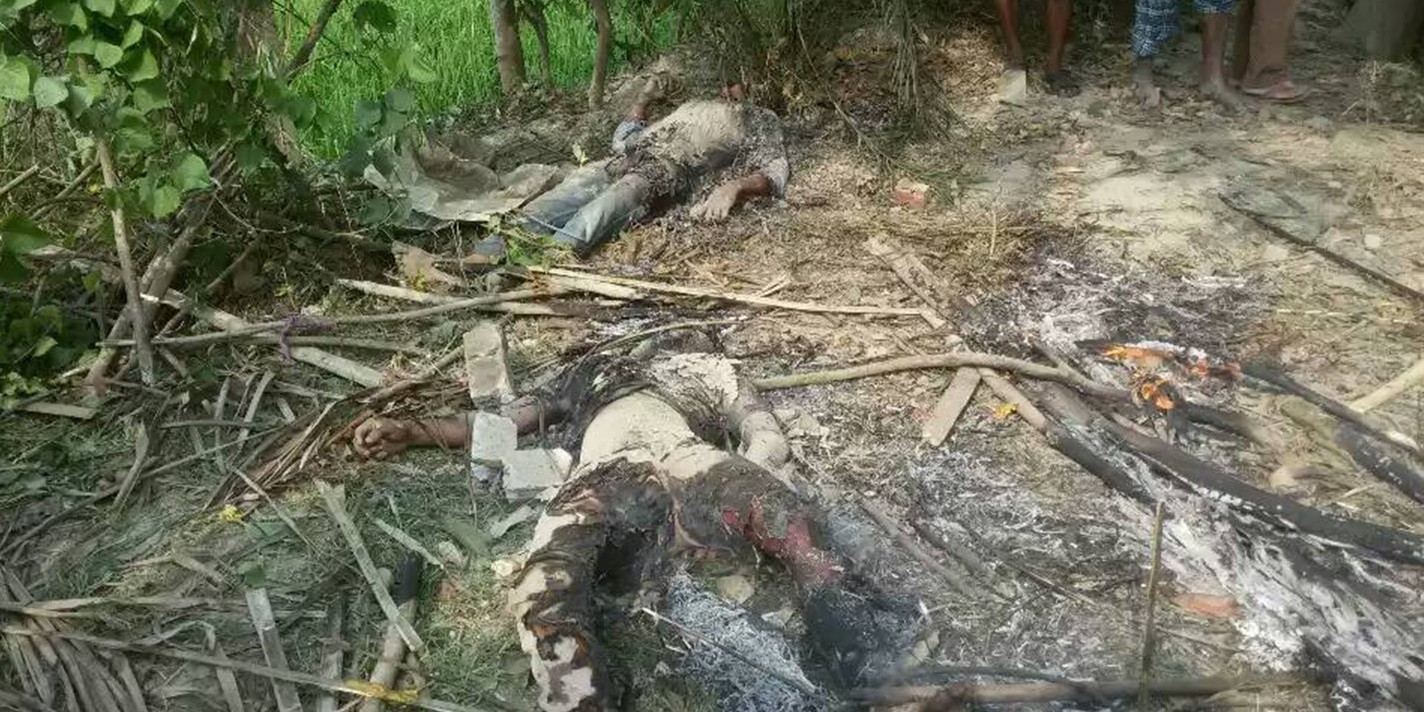
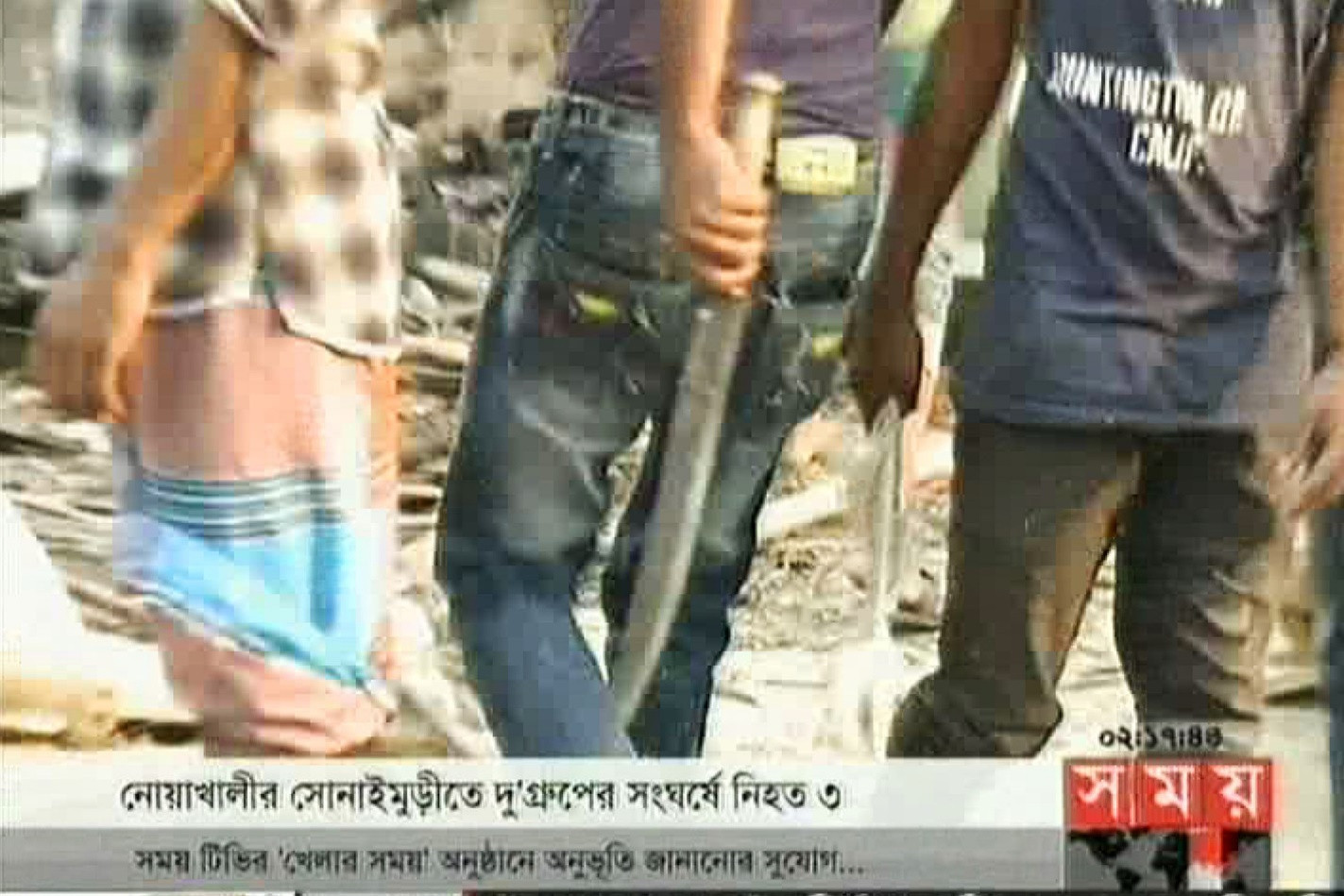
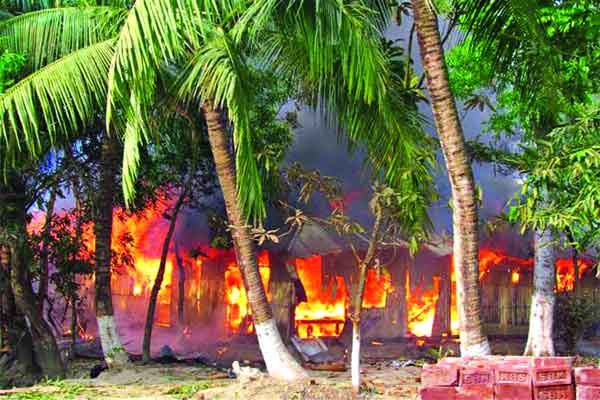
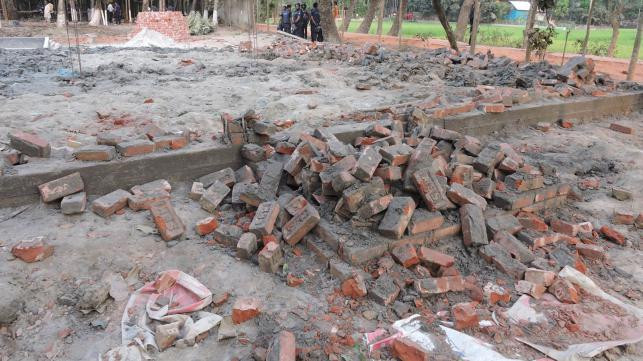

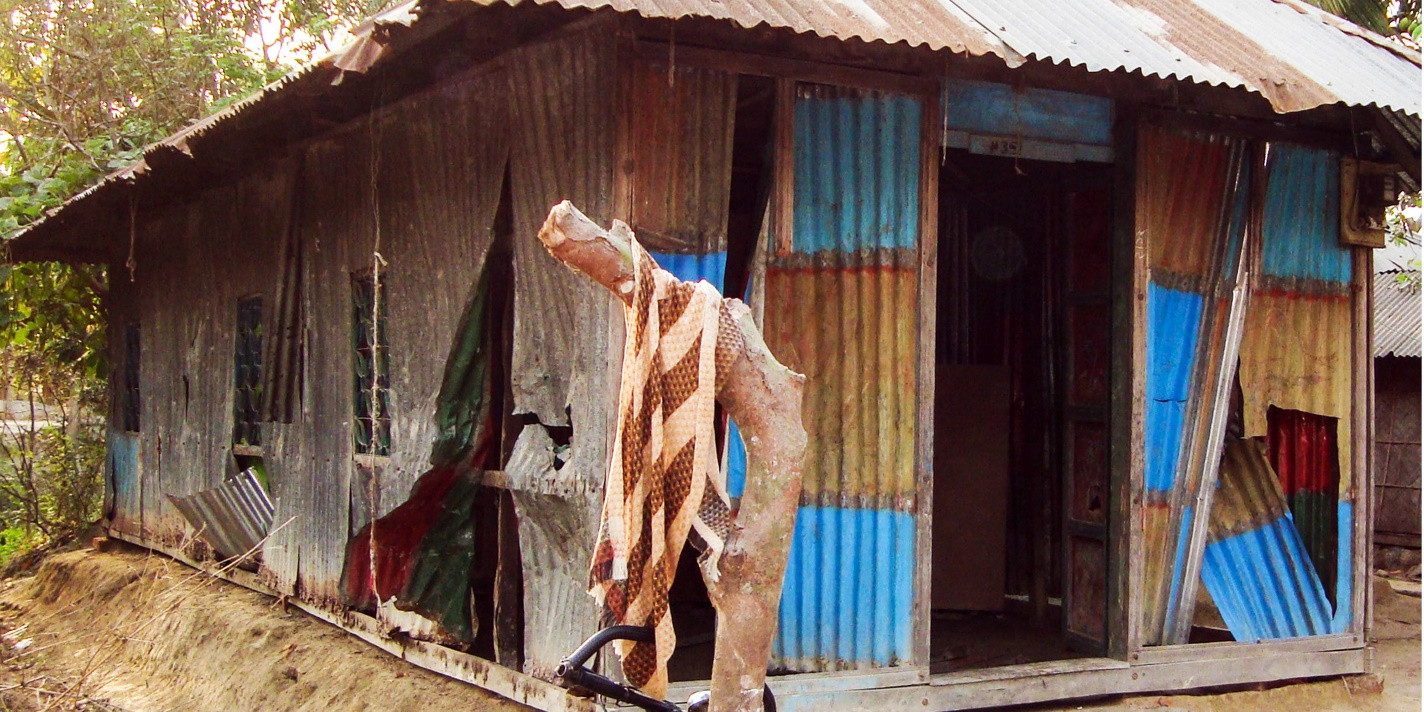
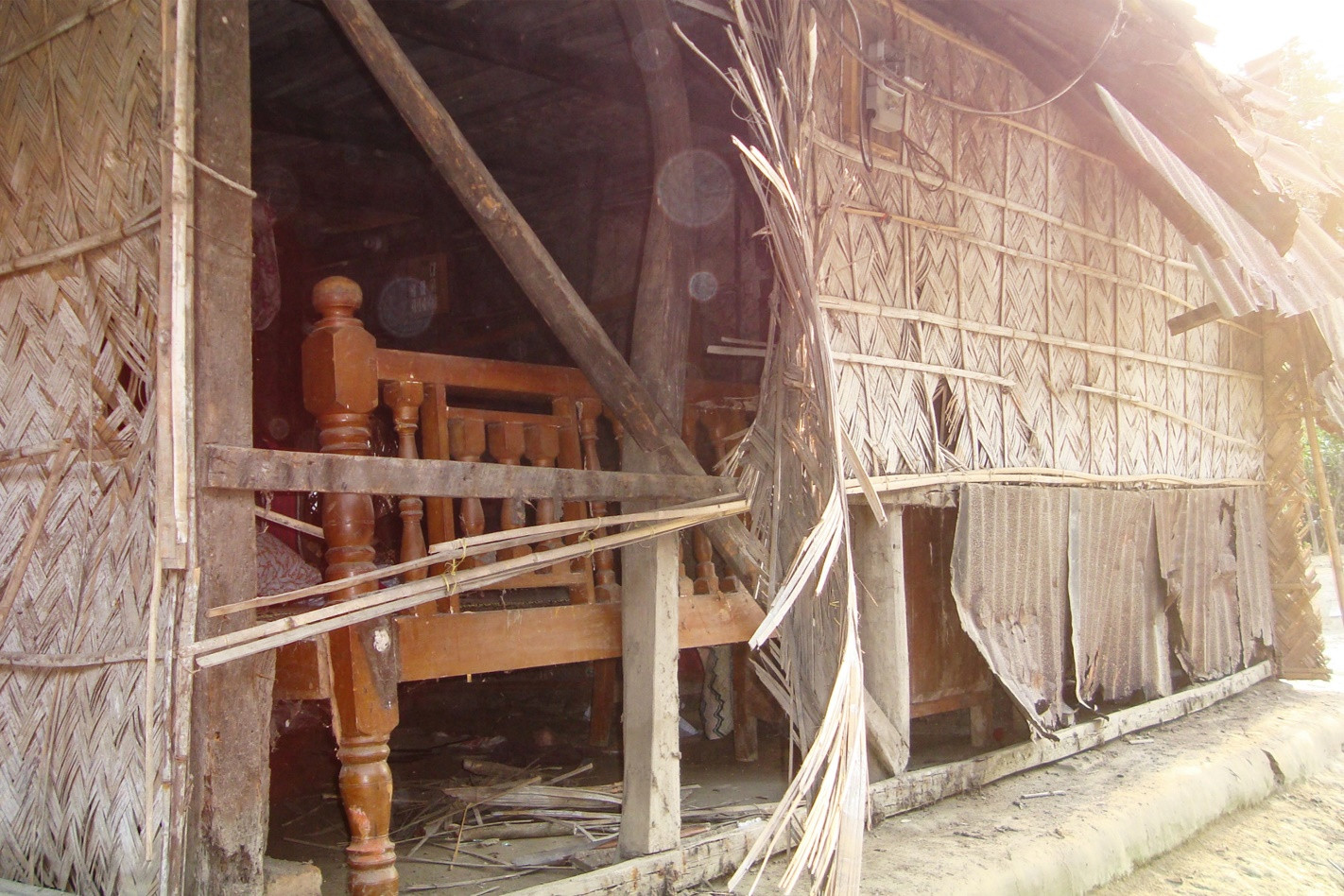
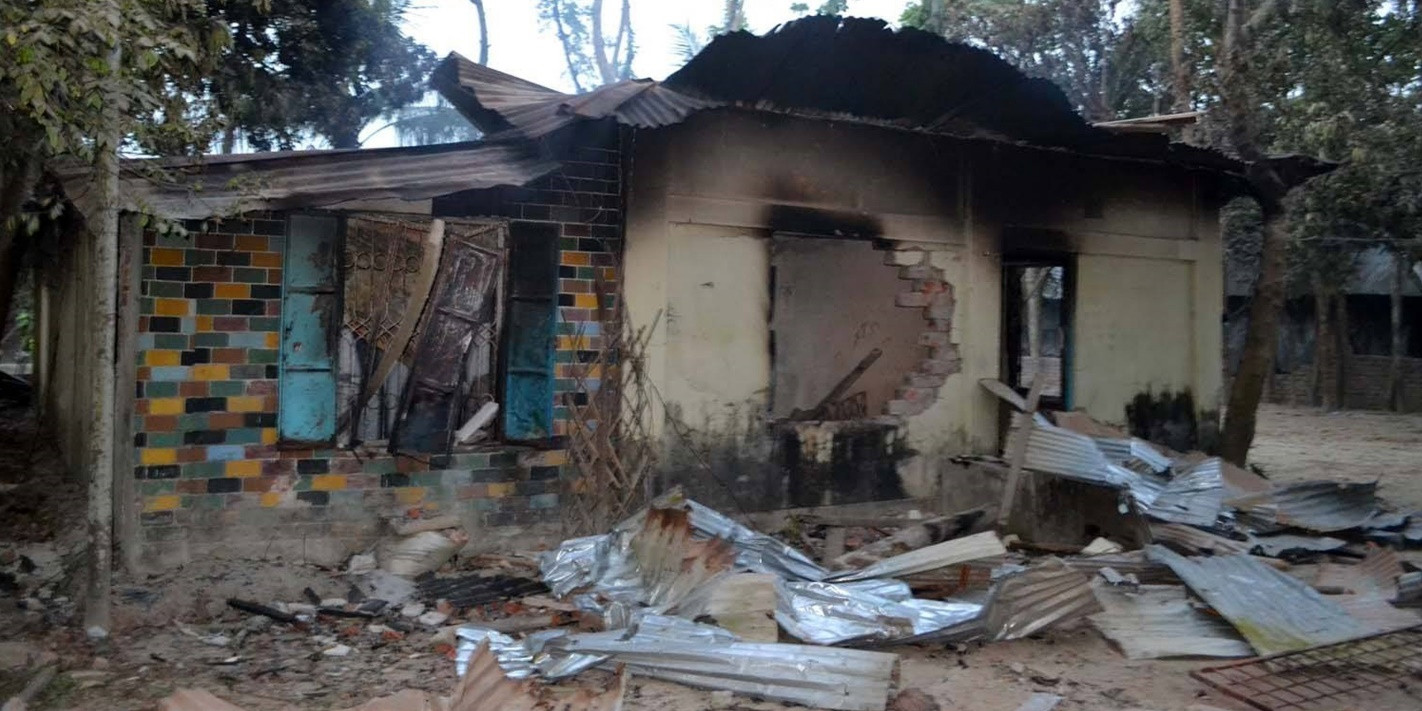
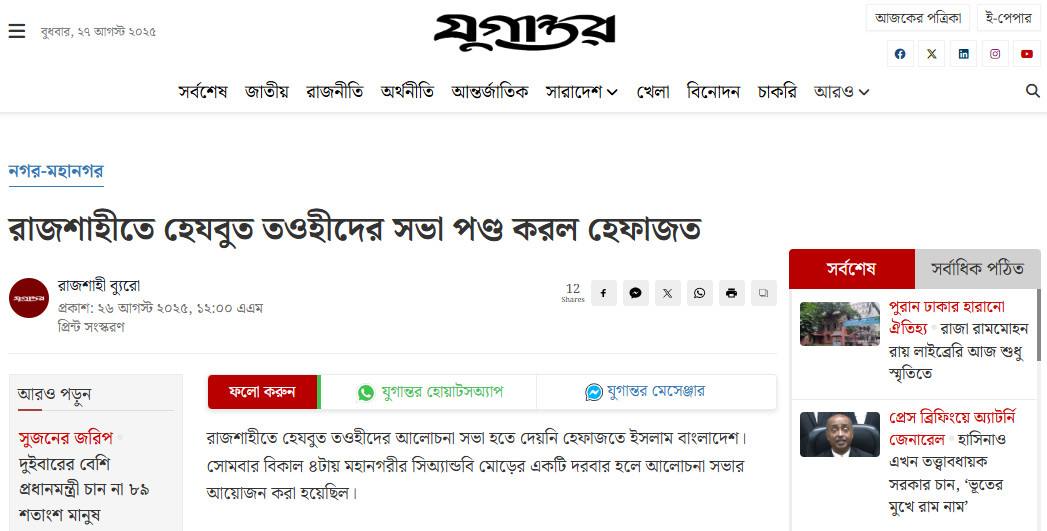
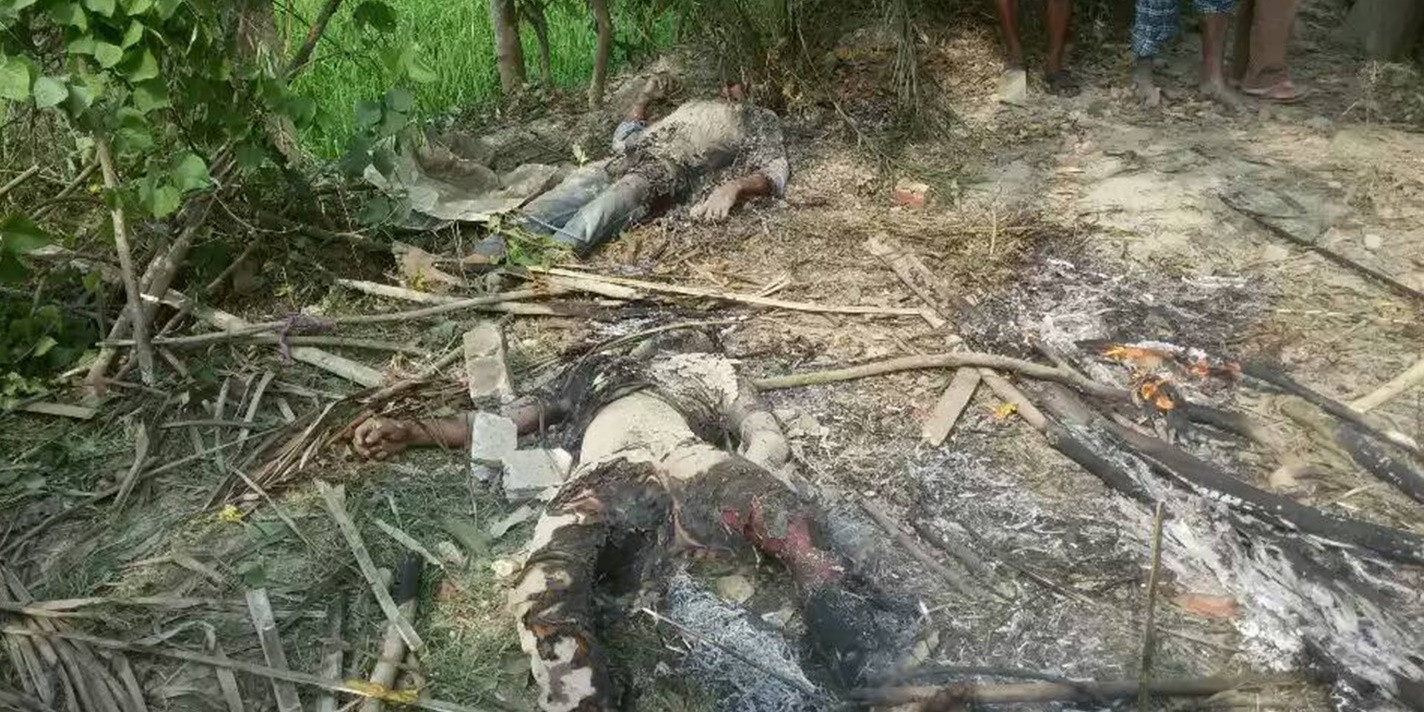
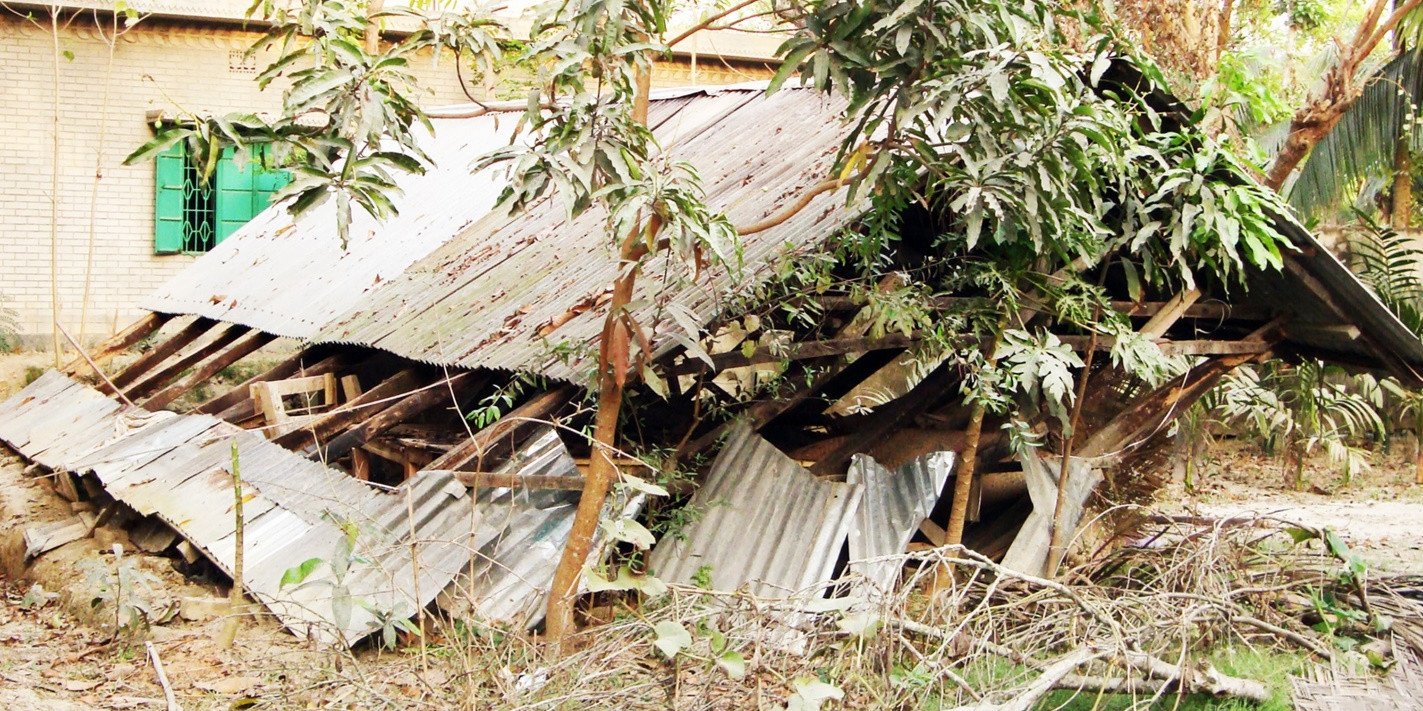
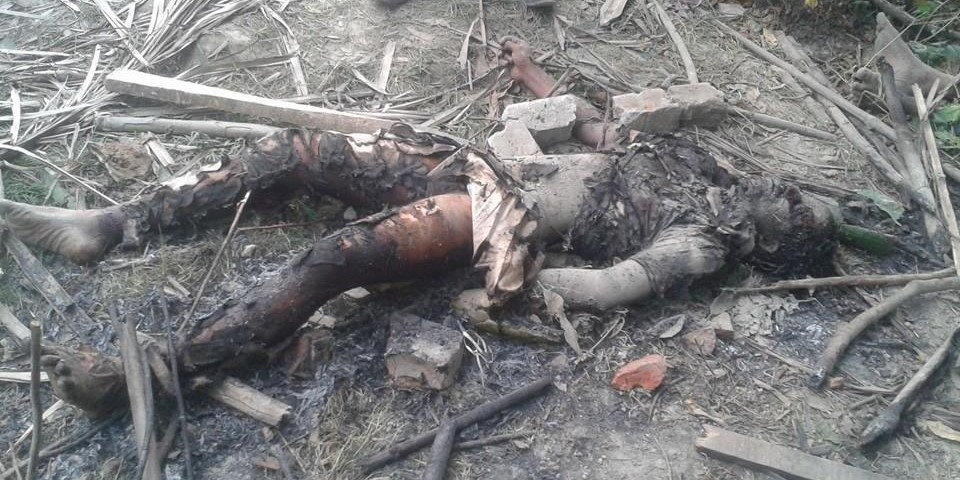
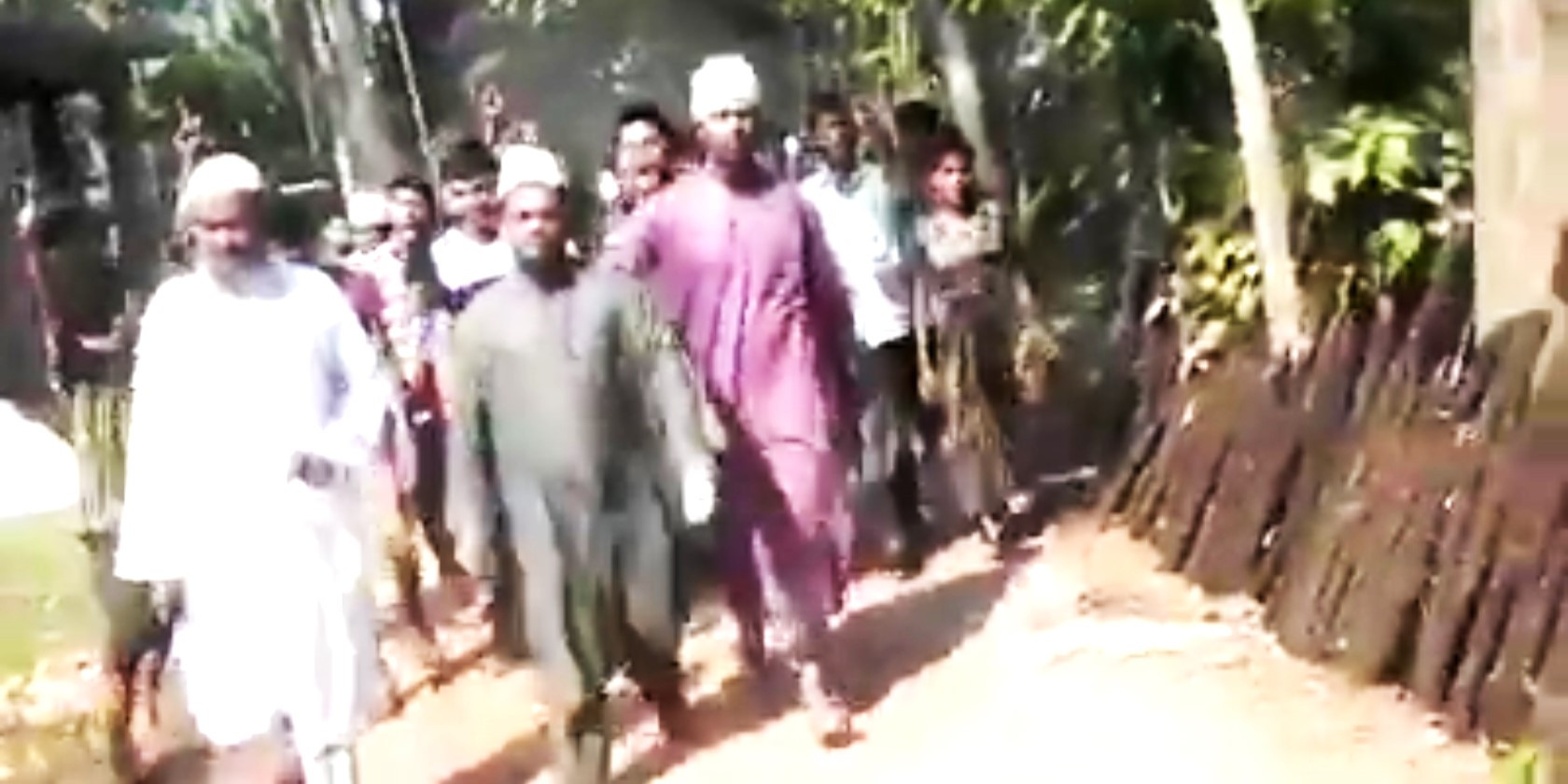
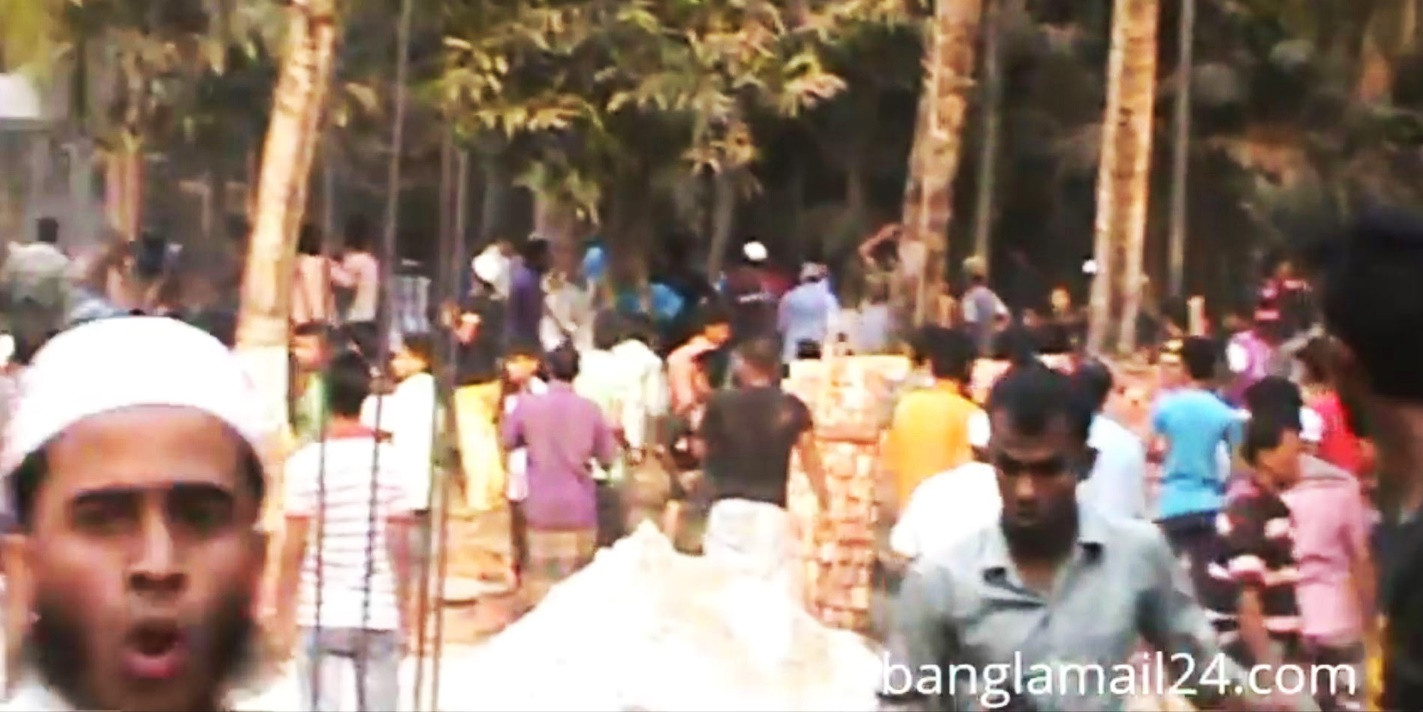
The mob arrived in the morning around 9 AM, engaging in a full day of attacks, looting, and arson. Six homes were reduced to ashes right before the eyes of police and military personnel, leaving the residents helpless. The incident occurred on February 24, 2025. Abdul Quddus Shamim, the divisional president of Hezbut Tawheed in Rangpur, was organizing a discussion meeting and community feast in his courtyard. However, following the dissemination of false blasphemy rumors, six homes were burned to the ground, leaving the families destitute and devastated.
Such incidents are not confined to Rangpur alone. Across Bangladesh, members of Hezbut Tawheed have long been targeted by mob violence. The question arises: why? What crime have they committed? Hezbut Tawheed is a prominent non-political religious reformist movement in Bangladesh, advocating public awareness against religious extremism, persecution of minorities, mob violence driven by religious fanaticism, and gender-based discrimination. For the past thirty years, the movement has peacefully promoted the noble ideals and teachings of Islam to people of all classes and communities, fully respecting national law. Over the past decade, Hezbut Tawheed has organized over 2,00,000 discussion meetings, seminars, street assemblies, cultural events, and sports programs.
The movement was founded in 1995 by Imamuzzaman Mohammad Bayazeed Khan Panni (1925–2012), a person of distinguished lineage. His ancestors were independent sultans of the Bengal Sultanate’s Karrani dynasty, and under the Nawabi period, they were highly benevolent landlords. Mr. Panni was a revolutionary against British rule and served as a parliamentarian during the Pakistan era. Following his passing, the movement has been led by the respected Imam Hossain Mohammad Salim.
From its inception, Hezbut Tawheed has been a target for extremists. Because the movement speaks out against all forms of injustice carried out in the name of religion, it has consistently faced severe opposition from ultra-conservative factions and clerical establishments. To date, over a thousand of its innocent members have been subjected to violent attacks. Extremists have set homes ablaze, looted property, physically assaulted members, and brutally murdered five men and women. In 2016, extremists vandalized a mosque under construction in the Imam’s courtyard, falsely claiming it was a church. Two members were publicly beheaded, eyes gouged out, and their bodies set on fire, with the acts shared on social media to glorify the violence.
In the current context, Bangladesh’s interim government, led by Nobel laureate economist Dr. Muhammad Yunus, administers the country in relative peace. The military has been granted magistracy powers to maintain law and order. Nevertheless, mob rule by extremist groups persists nationwide, exploiting the prevailing instability to eliminate perceived adversaries. Between August 5–6, extremists attacked and vandalized Hezbut Tawheed offices in Sherpur, Joypurhat, Pabna, Panchagarh, and Sunamganj, totaling eight offices. They have repeatedly threatened the home of the movement’s leader Hossain Mohammad Salim in Noakhali.
Under the leadership of Hezbut Tawheed, a remote village has been transformed into a modern community over the past several years. Members established schools, mosques, small-scale industries, cattle and fish farms, and over fifty development projects. On August 5–6, 2024, extremists set fire to at least fifty family homes and businesses, looting nearly 200 million BDT worth of property. Hundreds of women, children, and elderly residents were forced to flee their homes, living as internally displaced persons. On the night of August 10, they burned eight stacks of hay in the village’s cattle farm.
Wherever Hezbut Tawheed organizes a discussion, extremists incite mobs to disrupt the event, often pressuring authorities to intervene. On February 24, 2025, a mob of extremist individuals, allegedly instigated by local leaders of Bangladesh Jamaat-e-Islami, attacked members of Hezbut Tawheed in Rangpur. The attackers looted, burned, and vandalized six homes, leaving families destitute. The violence occurred despite the presence of police and military forces, who did not intervene effectively. Using mosque loudspeakers, the attackers spread false and inflammatory rumors, claiming that Hindus were attacking Muslims and that Hezbut Tawheed had insulted the Prophet (PBUH). Several people were injured, and many families were displaced. The administration has not yet taken action against the perpetrators, who continue to incite unrest.
In Rajshahi, mob violence by Hefazat-e-Islam occurred on August 25, 2025. Hezbut Tawheed organized a forum on “Proposals for State System Reform,” inviting intellectuals, teachers, journalists, and writers. Extremists arrived early and violently protested, demanding a ban on all Hezbut Tawheed meetings and activities, and restricting access to religious institutions. Hezbut Tawheed leaders held a press conference at the divisional office to highlight the violation of their right to peaceful assembly, which was reported by national media outlets.
Similarly, in Magura, several Hezbut Tawheed members were attacked on September 19. A local mosque’s imam spread false rumors, leading over a hundred people to attack the home of a member, Habib. Members Madhu Mia and Shobuj Mia were assaulted and threatened with expulsion. Madhu Mia sustained serious head injuries, and his condition remains critical. The attackers warned of further assaults and looting if residents did not vacate.
In Kishorganj, local religious political leaders exerted pressure on authorities during a meeting between Hezbut Tawheed members and journalists. The discussion was forcibly halted by police immediately after it began. This incident demonstrates the growing influence of extremist groups over certain layers of the administration. The events were reported in national media, highlighting the violation of human rights of a lawful and peaceful reformist movement.
Over the past thirty years, the human rights of Hezbut Tawheed members have been repeatedly violated. Extremists continue to attempt to silence their voices through intimidation and force. For the past year, members have consistently sought the attention of both national authorities and international human rights organizations through peaceful protests and press conferences, yet they report receiving no assistance.
Images Related to this Post

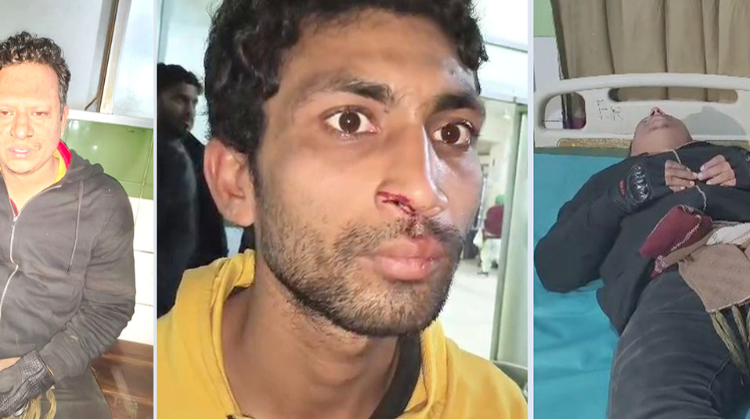
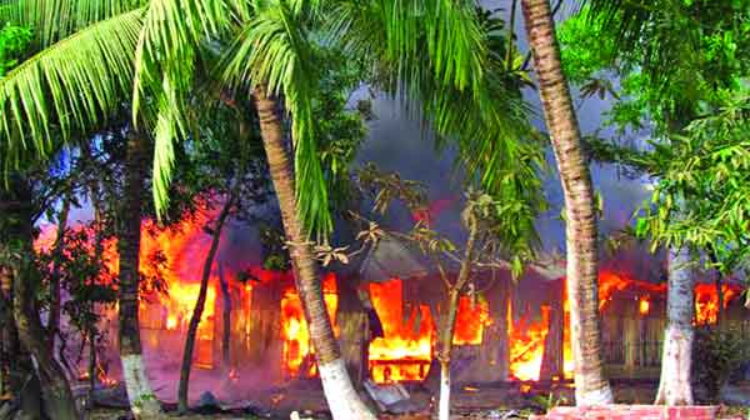
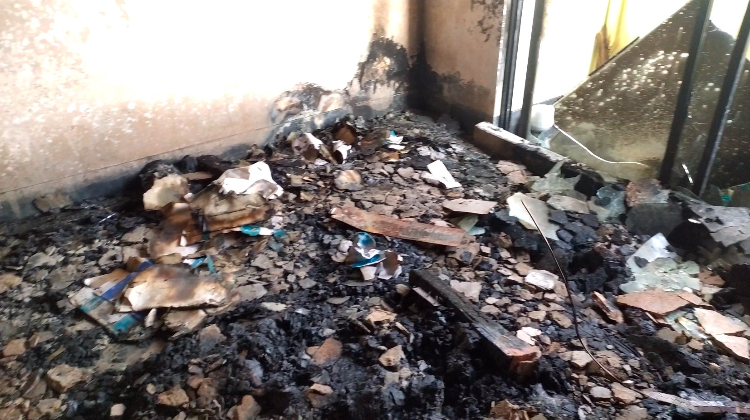


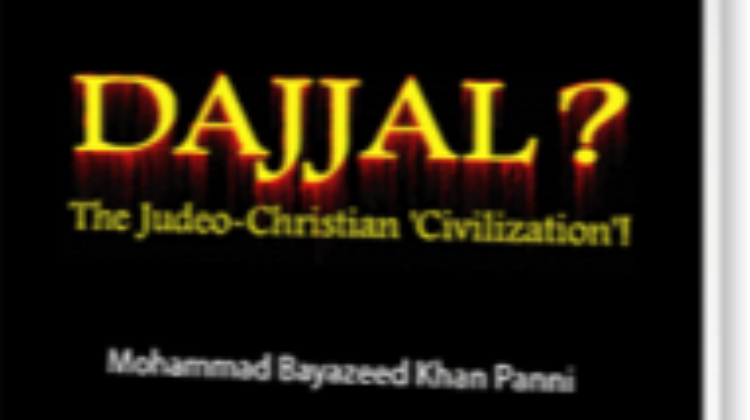



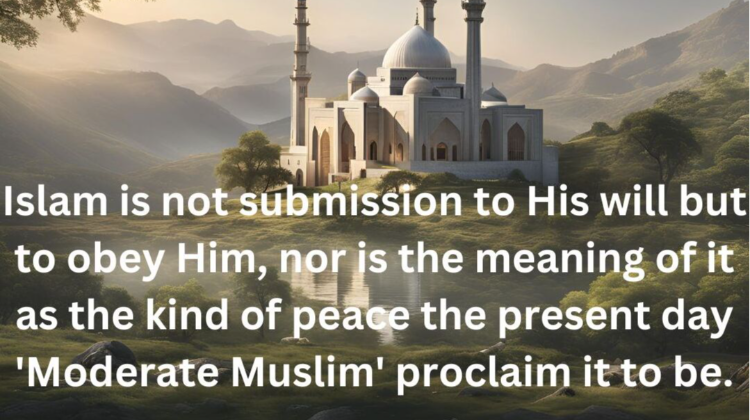

Leave a Comment